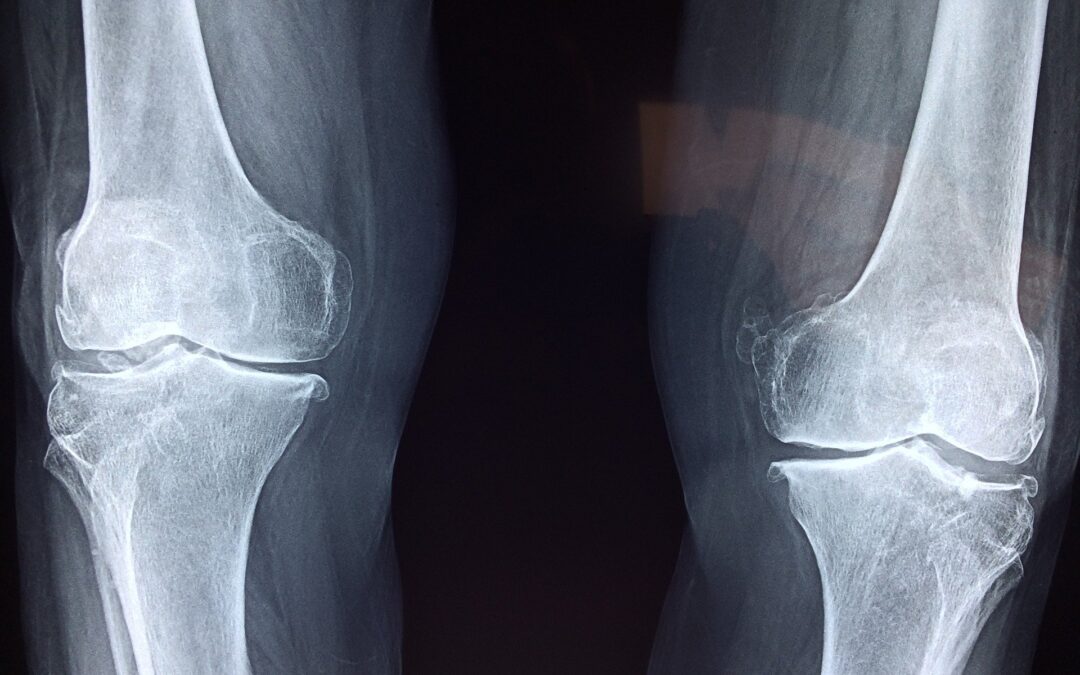So, you’ve been told that you will need a knee replacement. While researching other options, you hear about a treatment that involves knee injections.
That treatment is called Viscosupplementation. Viscosupplementation involves injecting a substance called hyaluronic acid into the knee joint space.
What is hyaluronic acid?
Hyaluronic acid (HA) is a natural substance that is made in our bodies. It is found in the highest concentrations in the skin, eyes, and joints. The amount produced lessens as we get older.
Hyaluronic acid provides:
- Lubrication
- Hydration
- Shock absorption.
Think about the oil in your car. Motor oil is a lubricant that allows the moving parts of a car to glide freely. Without the oil, the moving parts would grind to a halt. As we age, osteoarthritis causes the breakdown of cartilage in the joints. In addition, the body begins to produce less HA. This eventually leads to joint damage and decreases the ability to make smooth, effortless movements without pain.
What is the procedure like?
The viscosupplementation procedure is often performed using a fluoroscope (a type of x-ray device) that allows the physician to visually guide the needle into the knee joint space. Most people are familiar with steroid injections (cortisone, for example) which involves a similar procedure. Steroids have many side effects that prevent them from being used long-term. Viscosupplementation, however, has been used for years, has few side effects, and works well. Since no steroids are used, the procedure is better tolerated and can be repeated.
What do the injections do?
A hyaluronic acid injection will:
- Replace knee joint fluid
- Help increase the natural production of HA within the knee joint
The effect takes a little time and most people will see an improvement in one to four weeks. Although it may take a bit longer to work, the effects can last up to six months. Then, the procedure can be repeated.
What are the side effects?
The injections are usually low risk, but as with any injection, some side effects can occur.
Typically, this may include:
- Pain
- Redness
- Swelling
- Fluid within the knee
These effects usually don’t last long and can be relieved with an ice pack and an over-the-counter anti-inflammatory medication such as ibuprofen.
Are they worth getting?
If you have been told that a knee injection is in your future, it might be worth considering HA injections. While you may still need a knee replacement down the road, the treatment may give you more time with less pain.

